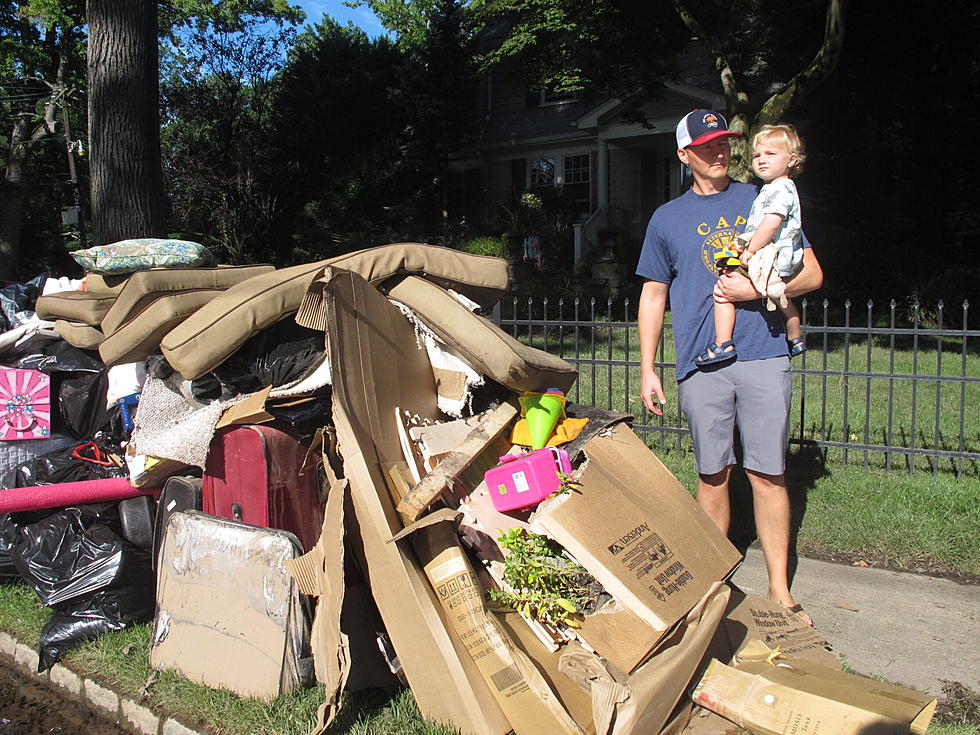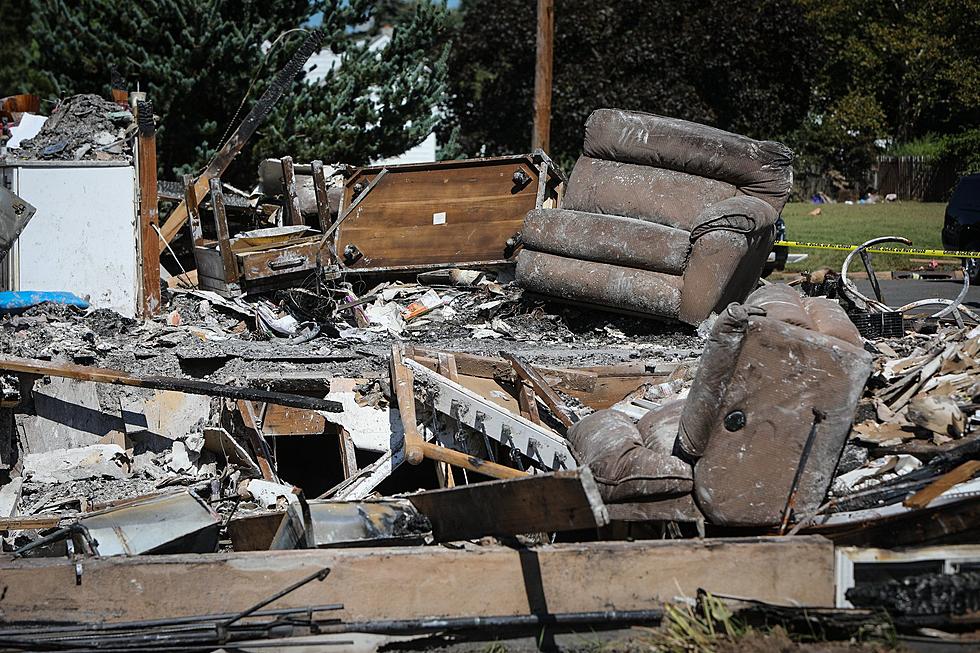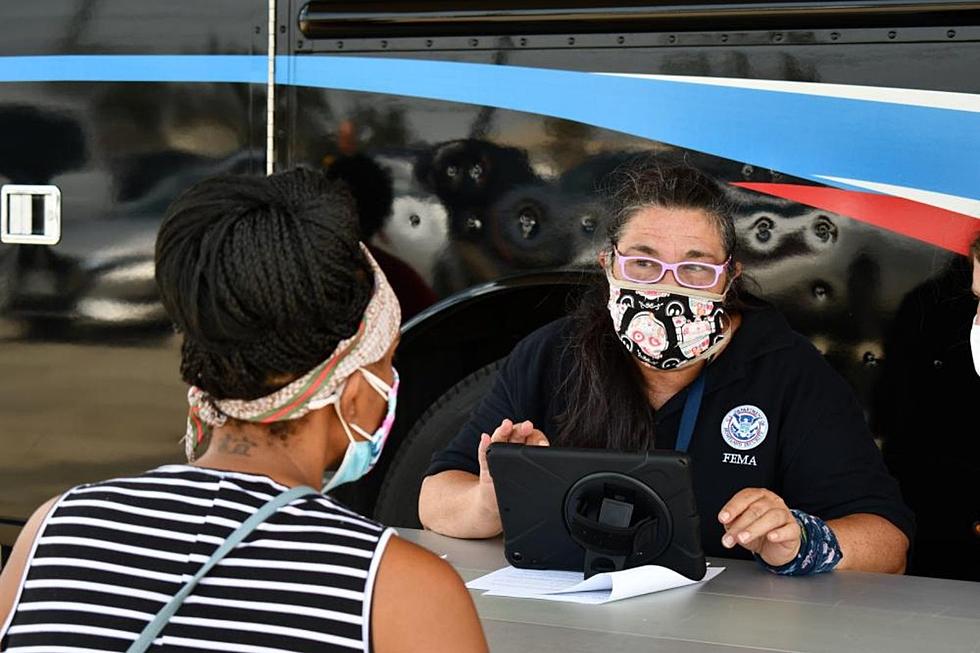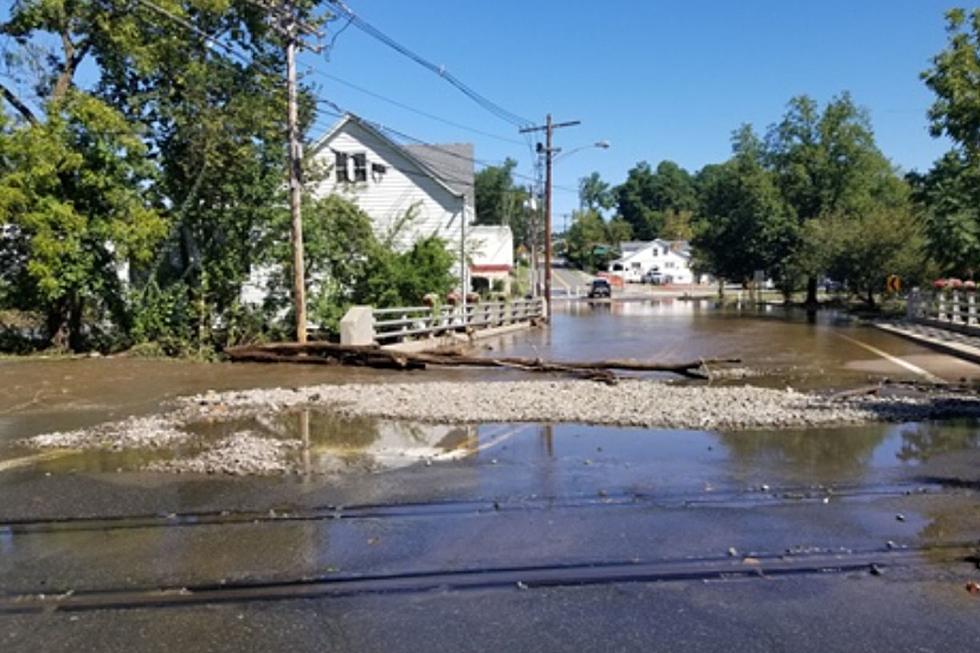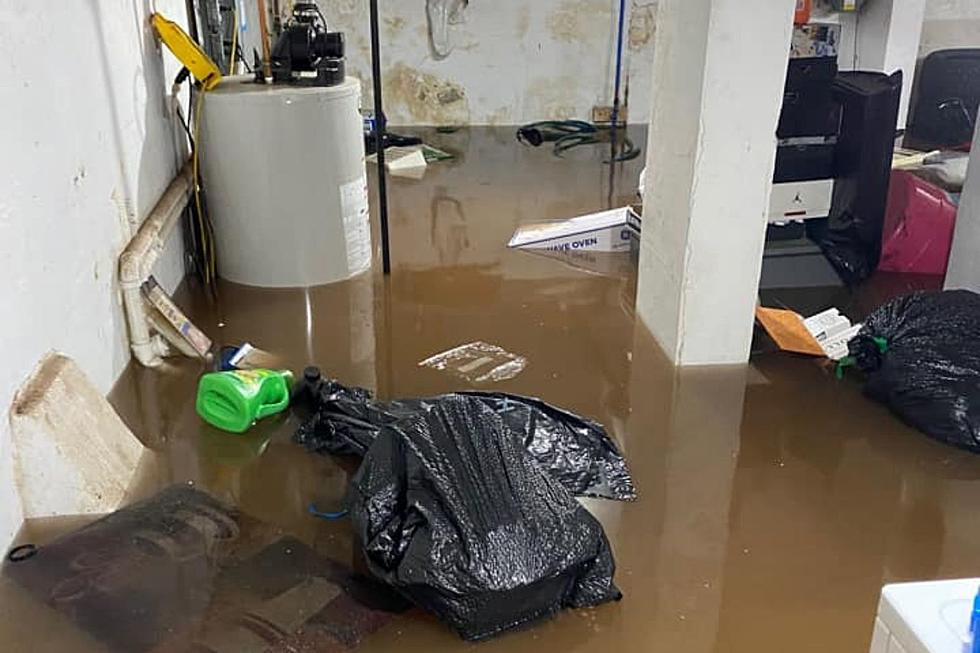
Menendez: Flood insurance program failing homeowners
Between flood insurance companies and FEMA, many Superstorm Sandy victims are still falling through the cracks, according to U.S. Sen. Robert Menendez (D-NJ).
On Monday, Menendez was in the home of Doug Quinn, a resident of the Silverton section of Toms River whose home was hit by Sandy's flood waters. Quinn said he paid fully into his flood insurance and received only a fraction of the money needed for repairs.
"Despite being responsible and paying flood insurance premiums for years, despite getting the maximum coverage of $250 and despite receiving estimates showing up to $254,000, Doug received only about $90,000," Menendez said.
Speaking inside the gutted home, Menendez said he has seen too many cases of FEMA's National Flood Insurance Program refusing to pay out, stalling payouts, or fighting to pay out less than needed.
New Jersey's senior senator will chair a Senate Banking Subcommittee hearing with a goal of getting answers from FEMA Administrator Craig Fugate and recommending improvements to ensure the process is fair.
"The fact is the entire claims process, from the initial filing to the way the claim is processed to the appeal process, is tilted against the homeowner," Menendez said.
Partially a counter-reaction to past natural disasters, Menendez said flood insurance companies are too cautious about avoiding excessive payouts or fraud.
"There must be a balance between protecting against overpayments and shortchanging hardworking families," he said.
Twenty-one months after the storm, Quinn still lives in a rented apartment with his daughter. He recently was approved for a RREM grant, which will help him complete renovation of his home, but said the process of getting the grant was "horrendous."
"The bureaucracy, the incompetence, the unreturned phone calls from people who just feel like 'I don't know' is an acceptable answer -- it's incredible, it's almost every cliché that you ever hear about bureaucracy, insurance companies, and government," Quinn said.
Menendez didn't have a concrete reason why New Jersey is taking so long to distribute the federal Sandy relief money. He said when New Jersey originally received the federal dollars, he was assured giving the state more oversight would ensure more efficient distribution.
"I have to be honest, I'm not sure the flexibilities have paid off so well," he said. "We have not seen the state administer a program that is timely and gets the money out in the appropriate way."
He said the Department of Community Affairs had no experience administering grants on such a large scale.
"They hired a contractor who clearly failed and that was the state's choice, not the federal government's choice," Menendez said.
More From New Jersey 101.5 FM
